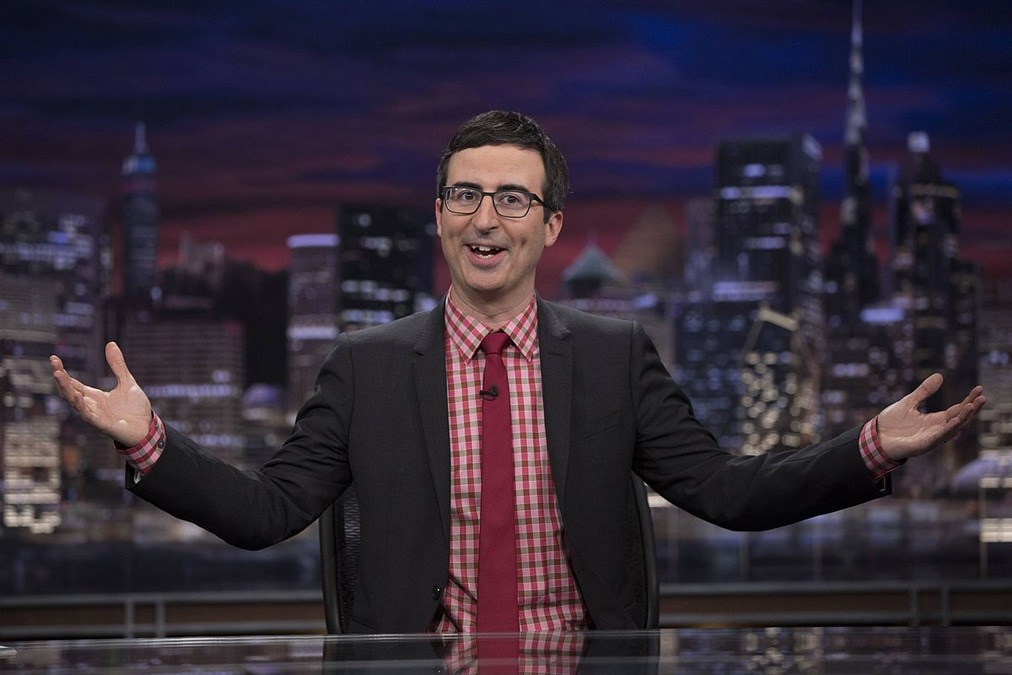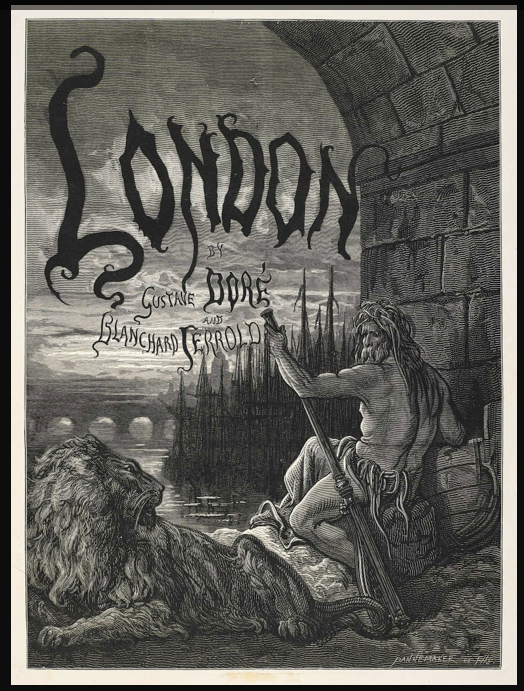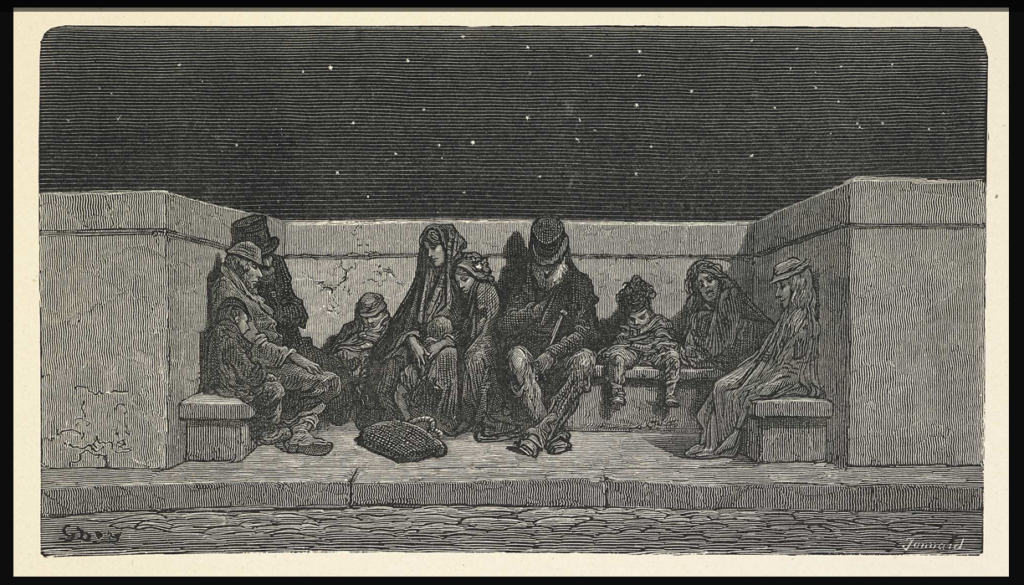1.
“The Tortured History of Entertainment Weekly.” As the magazine continues to decline, firing one of its founding film critics and crowd-sourcing articles to unpaid writers, Anne Helen Petersen of The Awl remembers a day when it was well funded, and culturally a very big deal.
“The idea for the magazine was straightforward. Just as People had been borne of the “People” section of Time, the new magazine would function as the “Picks and Pans” section of People, with Jarvis’s own television reviews as a model. Like Time and People, Entertainment Weekly was aimed at “busy subscribers” (read: middle-class people) and trumpeted its “quick-read, 1-stop guide” to “whatever’s noteworthy” in media. Put differently: The plan was highly digestible reviews intended to keep the bourgeoisie in touch. […] They wanted to assist ‘the aging baby boomers who still wants to be plugged in,’ using a scale (A to F) that reflected the ‘universal experience’ of school grades. If you read EW, the logic went, you were saving yourself from your own bad decisions: The magazine’s pitch for subscribers even asked potential readers to weigh the $50-dollar yearly rate against ‘the cost of a bad evening’s entertainment.’”
2.

“Francis Ford Coppola Sees a ‘Live’ Future For Film.” For Deadline, David Robb summarizes one of Coppola’s more intriguing predictions about the future of cinema—and bear in mind that he’s made quite a few over the decades.
“Speaking before an overflow crowd at the closing of the Producer Guild‘s ‘Produced By’ conference, Coppola said he sees a future in which movies will be presented ‘live’ to audiences all around the world at the same time. With the digital revolution, he said, ‘movies no longer have to be set in stone and can be composed and interpreted for different audiences that come to see it. Film has always been a recorded medium,’ but live cinema remixes might be ’30 percent pre-recorded as the actors do it live. You can do anything and you can do it live.’ Coppola said he might even essay such a ‘live’ movie himself.”
3.

“‘Last Week Tonight’ and YouTube: When Pay Cable Content Turns Free Online.” For HitFix, Alan Sepinwall writes about why HBO, an ad-free premium cable service you have to pay for, is putting chunks of one of its new shows on the Internet mere hours after a new episode premieres.
“‘Last Week Tonight’ isn’t quite like anything else on HBO, with the possible exception of “Real Time with Bill Maher.” It’s competing for buzz with the likes of ‘The Daily Show,’ ‘The Colbert Report’ and the various broadcast network late night shows, all of which at a minimum make the best segments from their shows readily available online in the hopes that they’ll viral. If Oliver were to disappear behind HBO’s paywall, it wouldn’t make his show less funny, but he would disappear from a lot of cultural conversation.”
4.

“Why Deny the Obvious? Hollywood’s Backward Stance on Abortion.” For The Daily Beast, Teo Bugbee writes about ‘Obvious Child,’ “…the movie that Hollywood should have been making 40 years ago, the second that the Supreme Court legalized abortion with the landmark Roe v. Wade decision.”
“Obvious Child is not ‘the abortion movie’ that its own marketing and reception might lead you to anticipate. [writer-director Gillian] Robespierre and star Jenny Slate have made a movie about a woman, not an abortion. There are no impassioned speeches about women’s rights, no bad guys protesting outside the clinic, and no after-the-fact breakdowns. Donna’s life does not revolve around her choice, and neither does the movie. It is at every turn more relaxed, more confident, and more rewarding than what we as an audience have been conditioned to expect from this kind of movie—the kind with a capital-I “Issue” at its heart. Maybe the most political thing about Obvious Child is that it makes abortion feel as if it isn’t an issue at all.”
5.

“Game changer: FDA Rules No Wooden Boards in Cheese Aging.” By Cheese Underground Lady, of Cheese Underground.
“A sense of disbelief and distress is quickly rippling through the U.S. artisan cheese community, as the federal Food and Drug Administration (FDA) this week announced it will not permit American cheesemakers to age cheese on wooden boards.”
Image of the Day

An image by Blanchard Jerrold and Gustave Dore, commissioned for the first edition of Charles Dickens’ final (unfinished) novel ‘The Mystery of Edwin Drood.’ There’s another at the top of this page. To see more, see Hilary Kelly’s short article ‘This is What Dickensian London Really Looked Like.”
Video of the Day
Stanley Kubricks Boxes from JAVARING on Vimeo.













